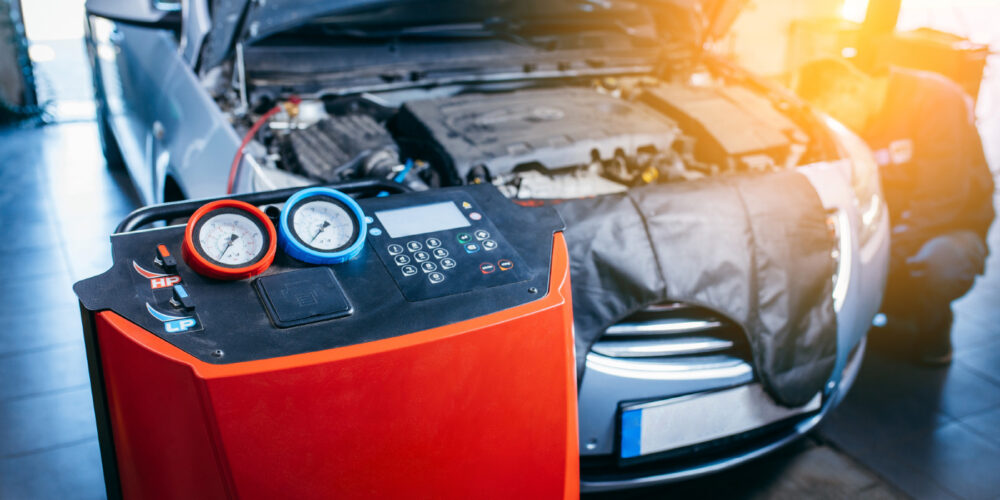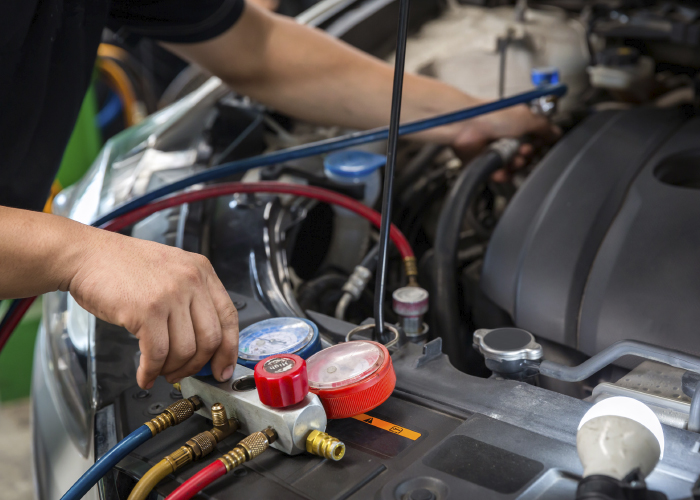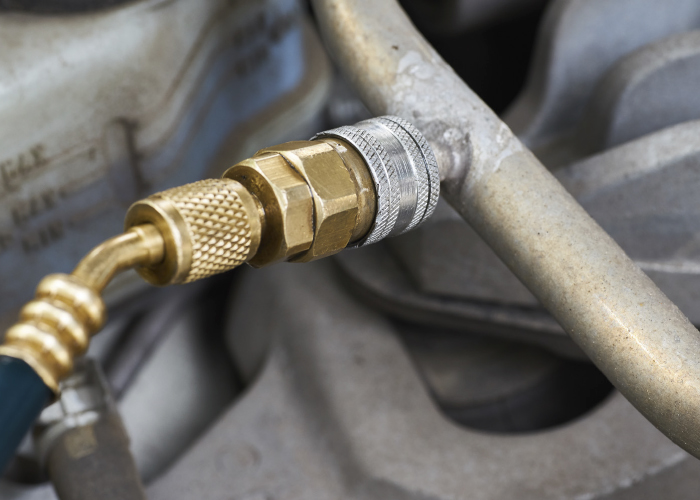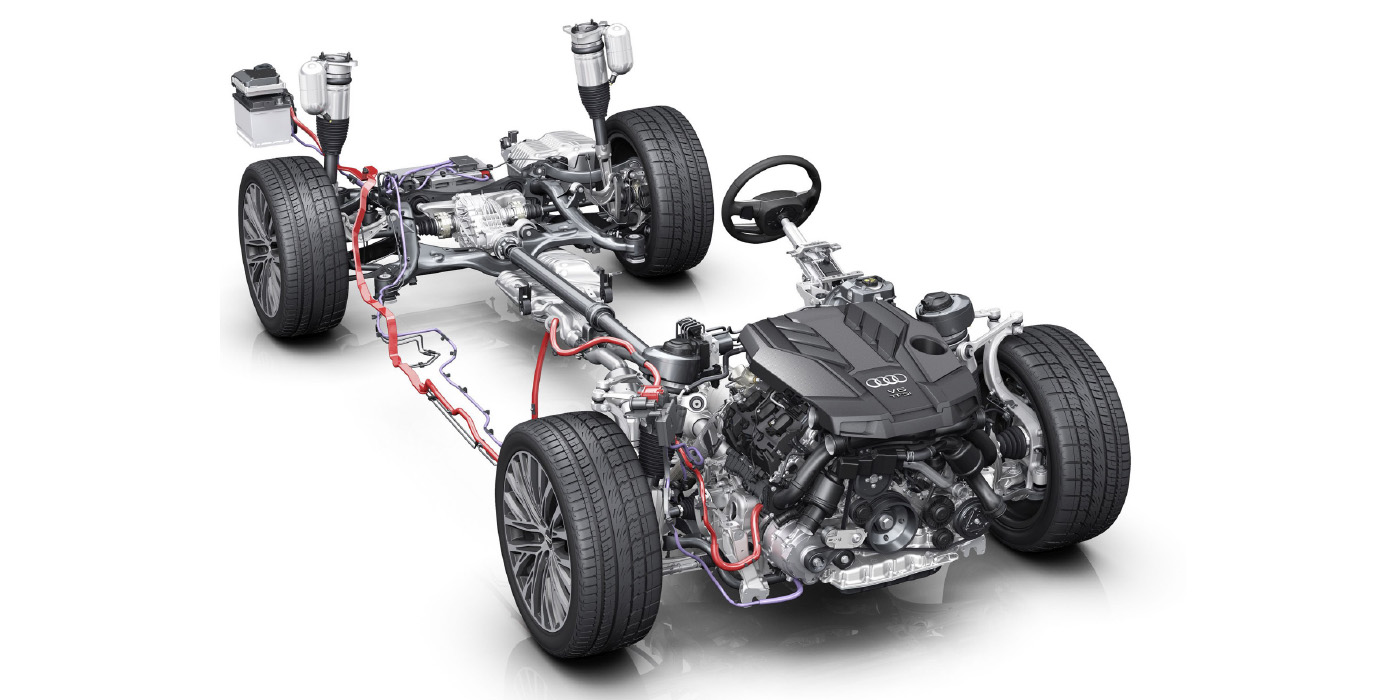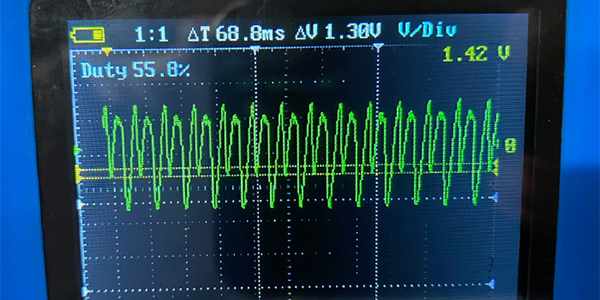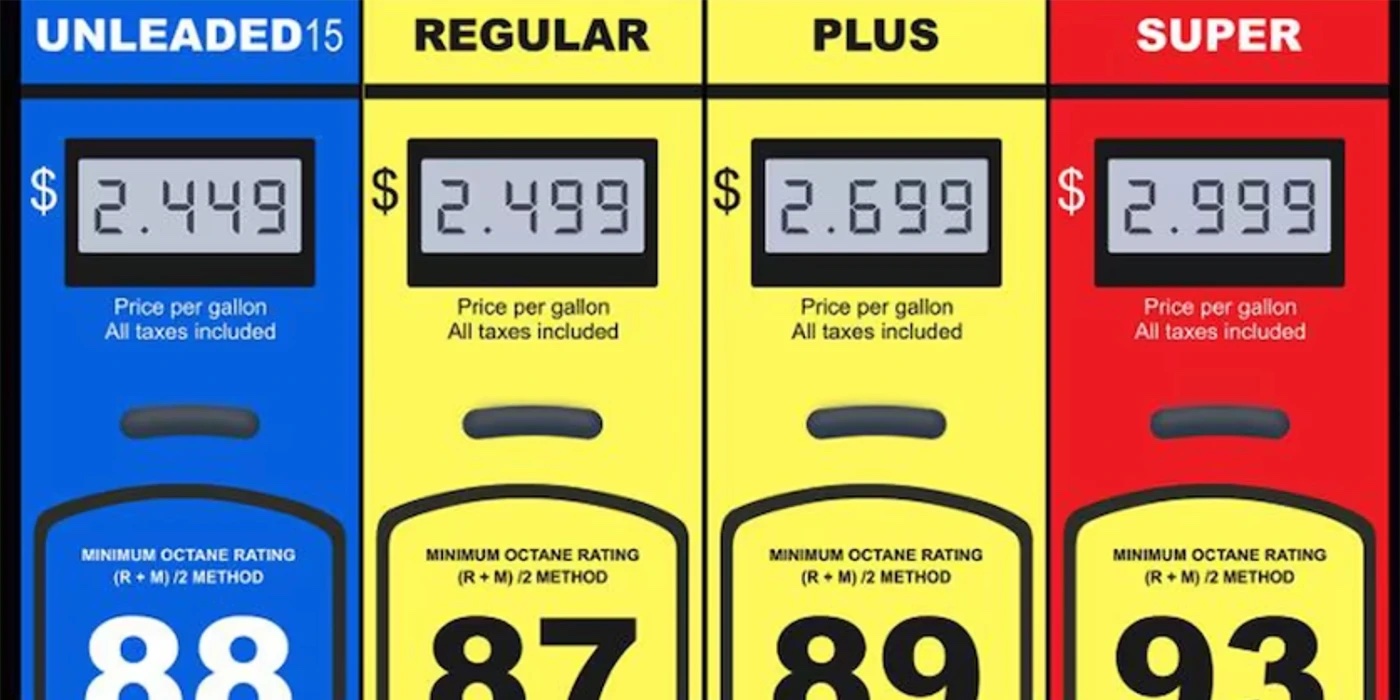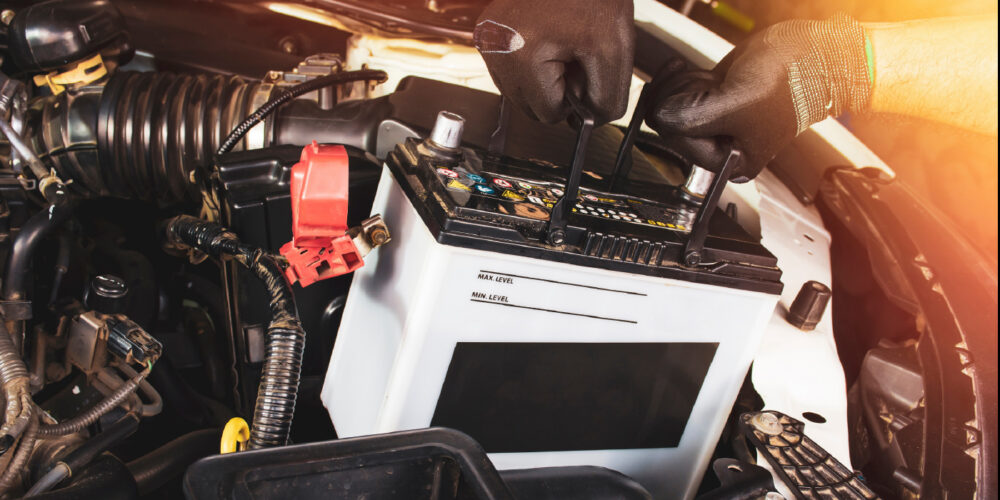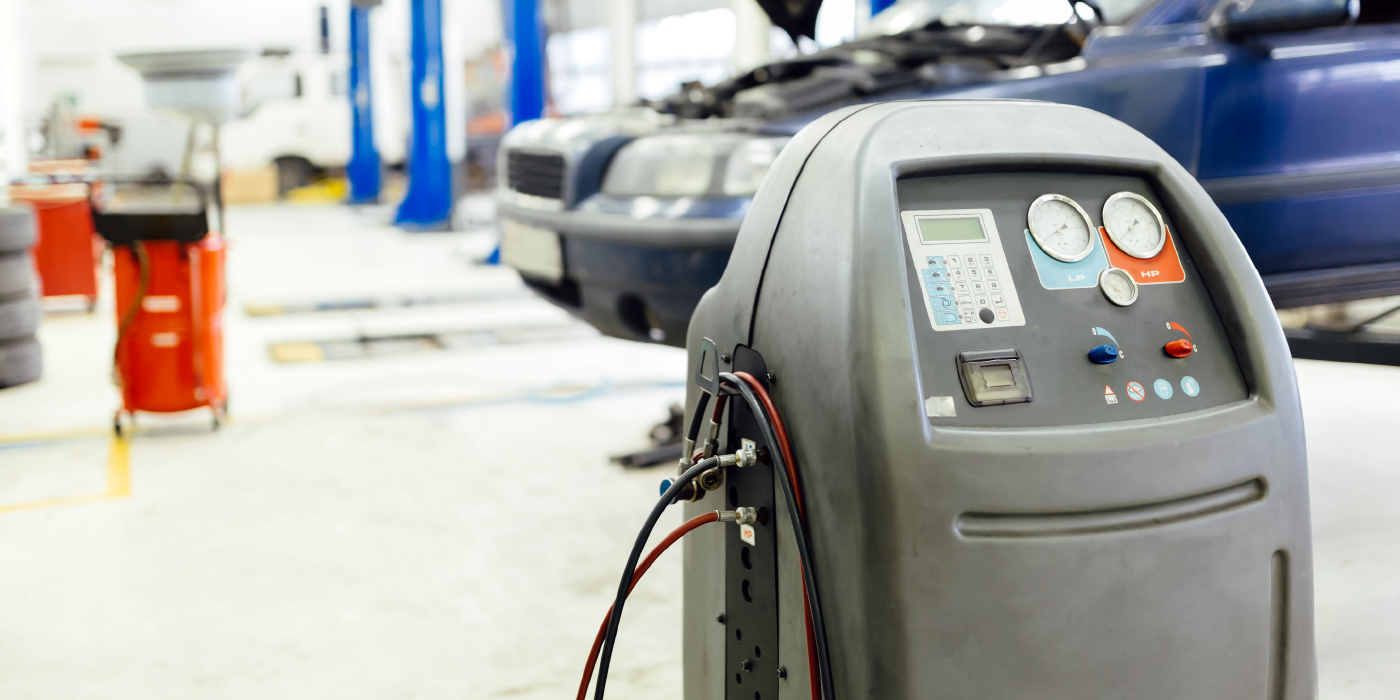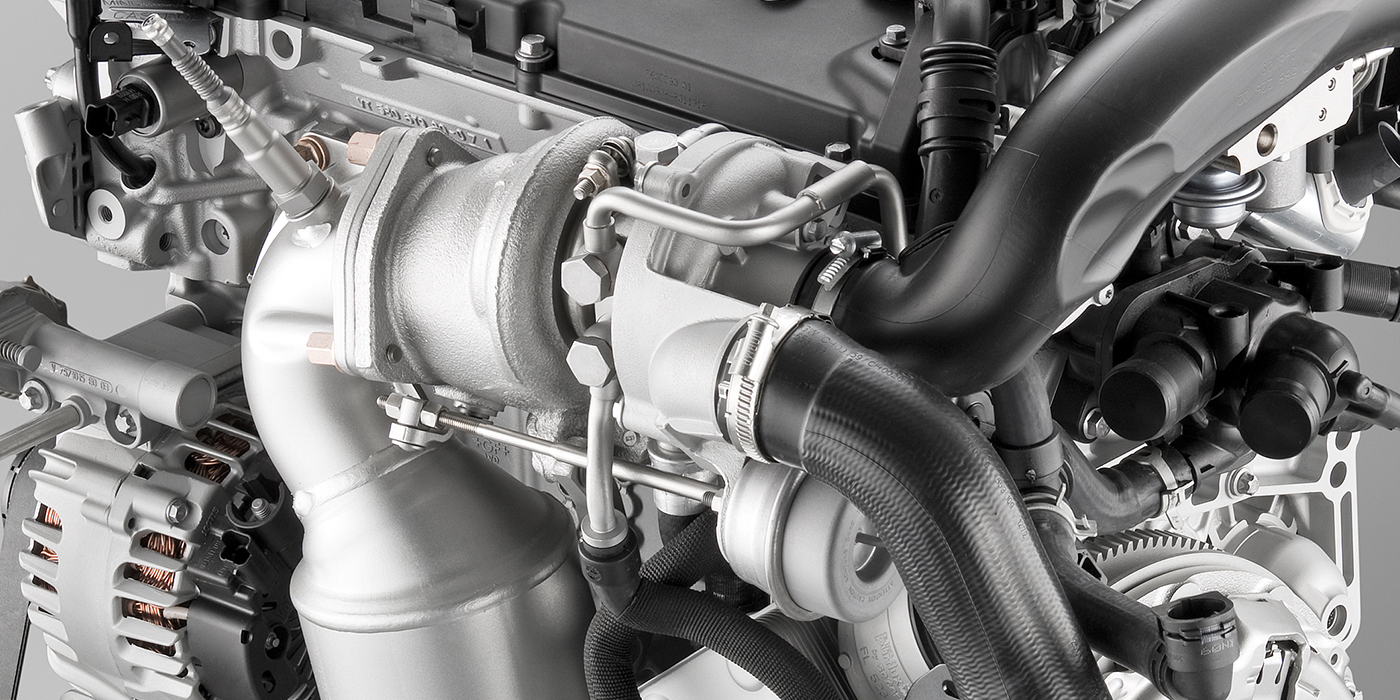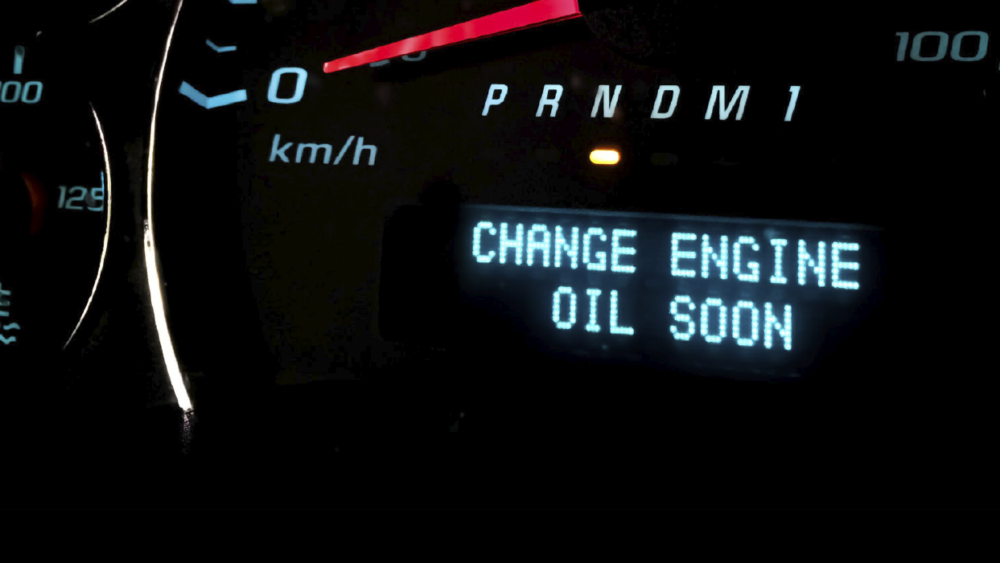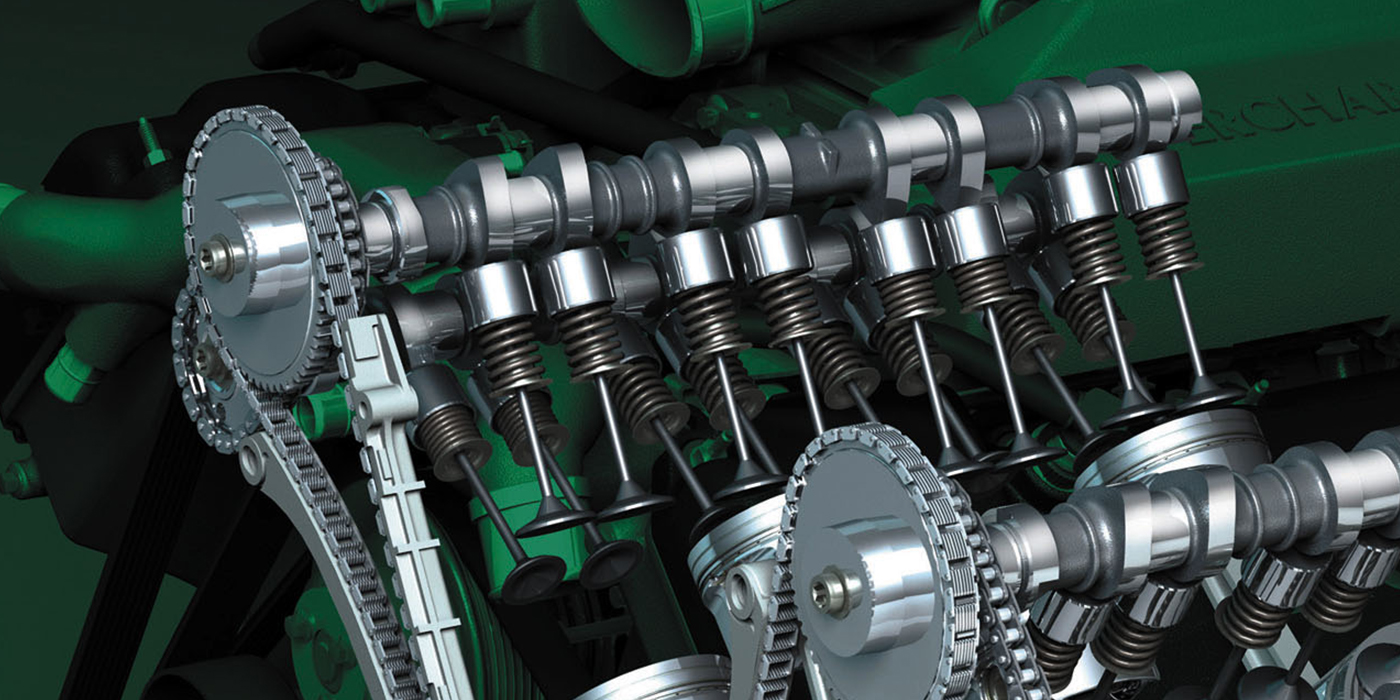The benefit of R-1234yf is simple: the new refrigerant lasts only 11 days in the atmosphere, compared to 13 years for R-134a. This is why the EPA required R-1234yf to be installed in all new systems by 2021.
So, what does this mean for independent shop owners and technicians? It is not a question of if, but when, your shop will have to deal with one of these systems. While working on R-1234yf systems is not that different from the R-134a variety in operation or theory, identifying the refrigerant and recharging the system has some new twists.
CREDITS AND MANDATES FOR R1234YF TRANSITION
R-1234yf started to appear in 2014 on some vehicles. The early adoption allowed OEMs to get EPA credits for transitioning to the new refrigerant. The next batch of vehicles to make the change were new platforms starting with a clean sheet of paper.
After this, world platform vehicles sold in North America and Europe made the jump. For 2023, most OEMs have made the switch on the majority of their vehicle platforms, but there are a few small exceptions. All in all, the industry-wide change to R-1234yf was completed well before the 2021 deadline.
This “staggered” transition to R-1234yf creates a problem for shops servicing these vehicles. The problem is the possible contamination of R-1234yf vehicles with R-134a or other blends of refrigerants. While the service ports are different for the two refrigerants, it does not preclude someone from finding a way to contaminate the system. If a technician is not aware of the differences or does not have the right tools to identify the refrigerant in a system, it could damage an A/C recycle/recovery machine.
If you are holding out on purchasing an R-1234yf recycle/recovery machine, you still should be able to identify R-1234yf and existing refrigerants, along with possible contaminants. A refrigerant testing tool can help diagnose A/C problems on late-model vehicles, even if you plan to sublet the recovery and charging part of the job.
New recycle/recovery machines have come a long way. New SAE J2843-certified machines have automated processes that require little supervision. Some machines work with phone and tablet applications to alert the technician if a task is complete or if further checks need to be performed.
TRAINING FOR R-1234YF
Technicians are being recommended to recertify under the SAE standard J609 Technician Training Certification Program. This training standard has been updated with new information to ensure that technicians understand the handling and servicing of the new R-1234yf refrigerant.
R-1234YF PRICING
One of the big issues in the past with R-1234yf was pricing. Due to limited manufacturing capacity and inventory, the reported price at some new car dealers was $60 to $100 per pound a few years ago. That price has dropped significantly due to greater availability in the aftermarket and an increase in manufacturers. In general, R-1234yf prices are twice that of R-134a.
COMPRESSOR OIL CHANGES
But, just as the discontinuation of R-12 necessitated the use of certain ester and PAG oils, the introduction of R-1234yf brought with it new requirements for A/C compressor oils that techs need to be cognizant of since manufacturers are now requiring more varied and specific A/C compressor oil formulations for the cars they build.
The proprietary nature of these products has put the onus on shop owners and technicians to be stocked with, and ready to use, the wide array of A/C compressor oils on the market to accommodate whatever vehicle rolls into their shop.
For hybrid-electric vehicles that use electrically driven compressors, polyol ester (POE) oil is not just recommended, its use is mandatory in many cases.
Using PAG oil in hybrids can be hazardous to the vehicle, but it can also endanger the technician since there is an electrocution risk associated with using the wrong A/C compressor oil.

